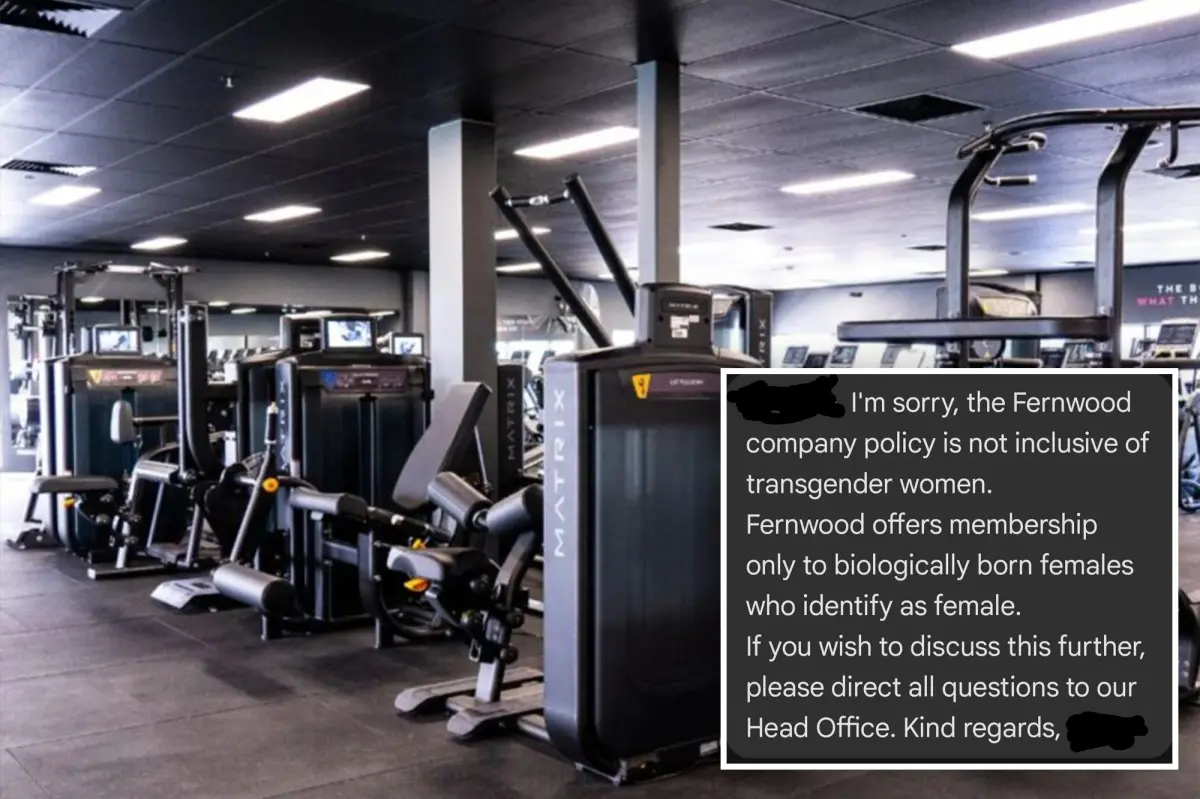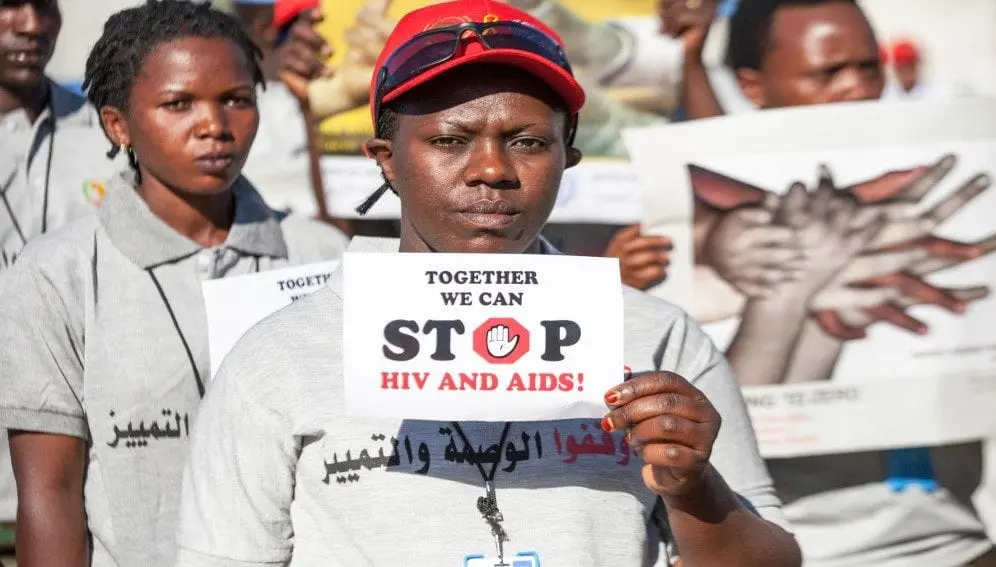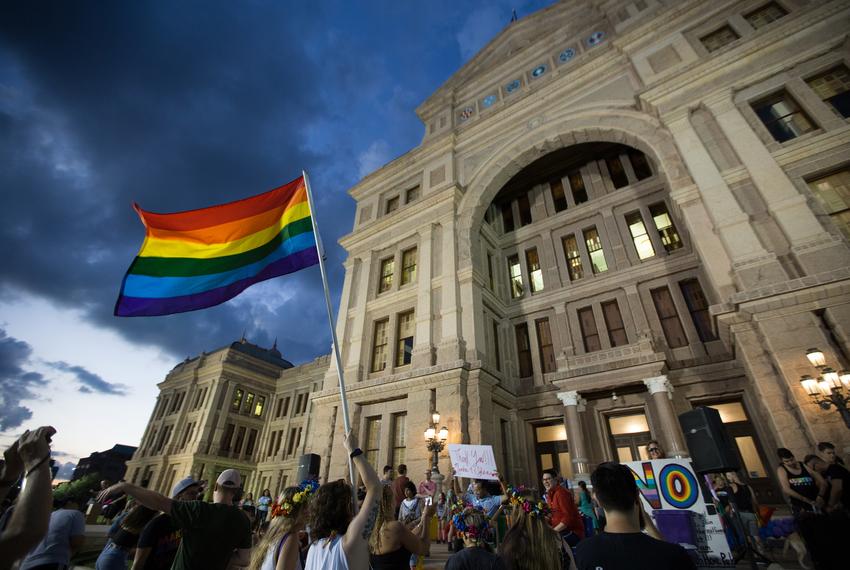Introduction: A Denied Membership Ignites Controversy
In May 2025, a transgender woman’s claim of being denied membership at Fernwood Fitness, a popular women’s-only gym chain in Australia, sparked widespread debate. The incident, shared on a Reddit forum, highlighted the tension between transgender inclusion and the maintenance of female-only spaces. The woman alleged that Fernwood’s policy explicitly excluded transgender women, citing a response from a staff member that stated, “Fernwood offers membership only to biologically born females who identify as female.” This case has reignited discussions about gender identity, discrimination, and the legal and social complexities surrounding single-sex spaces. This article delves into the incident, explores the broader context, examines relevant legal frameworks, and uncovers hidden truths about the ongoing struggle for inclusive spaces.
The Incident: A Trans Woman’s Experience
The transgender woman, who shared her story on the r/transgenderau Reddit forum, expressed shock and disappointment after being denied membership at Fernwood Fitness. She posted a screenshot of alleged correspondence with a staff member, which read:
“I’m sorry, the Fernwood company policy is not inclusive of transgender women. Fernwood offers membership only to biologically born females who identify as female. If you wish to discuss this further, please direct questions to our head office.”
The woman, a resident of Victoria, noted that she had recently come out as transgender and was unprepared for such direct discrimination. “I’ve not been ‘out’ for all that long, this is the first time discrimination has happened so directly and personally, (it) caught me off guard,” she wrote. The post quickly gained traction, with commenters condemning Fernwood’s policy and encouraging her to pursue legal action.
Fernwood Fitness: A Women’s-Only Gym Chain
Fernwood Fitness is one of Australia’s largest women’s-only gym chains, boasting over 70 locations and 90,000 members. Operating on a franchise model, individual clubs are owned and managed by franchisees, which may lead to variations in policy implementation. The gym markets itself as a safe, supportive environment for women, emphasizing empowerment and accessibility. However, the alleged policy of excluding transgender women has raised questions about how “women” is defined and whether such policies align with anti-discrimination laws.
Fernwood’s Response: Balancing Inclusion and Member Needs
In response to the controversy, a Fernwood Fitness spokesperson issued a statement to News.com.au, acknowledging the transgender woman’s experience:
“Fernwood Fitness proactively reached out to the person in question to acknowledge her as an individual and to talk about her experience. This outreach was made with genuine care, recognising the personal nature of her inquiry. Fernwood appreciates the courage it can take to inquire about a membership as a transgender woman and acknowledges that the experience may have been hurtful or disappointing.”
While expressing empathy, the spokesperson defended the gym’s policy, citing the needs of its broader membership base:
“At the same time, Fernwood Fitness has a responsibility to consider the needs of its broader member community. A significant number of Fernwood Fitness members come from backgrounds where experiences of domestic violence, sexual assault, cultural beliefs, or religious practices necessitate access to female-only spaces based on sex. For many of these women, such spaces are not a preference but a requirement for their emotional and physical safety and for accessing the health and fitness services they need.”
The statement clarified that the policy was not a reflection on the transgender woman’s identity but a commitment to maintaining a space that some members rely on for safety. Notably, there was no suggestion that the transgender woman posed any risk, highlighting the broader tension between individual rights and collective needs.
Legal Implications: The Sex Discrimination Act
The incident raises questions about compliance with Australia’s Sex Discrimination Act 1984, which prohibits discrimination based on gender identity. The Act defines gender identity as a person’s internal sense of their own gender, irrespective of their sex assigned at birth. It states that it is unlawful for a registered organization to refuse membership on these grounds. Fernwood’s spokesperson noted that the gym is “currently reviewing all relevant legal requirements,” suggesting an acknowledgment of potential legal vulnerabilities.
The Reddit community was quick to point out the precedent set by the Tickle vs. Giggle case, decided in August 2024. In this landmark ruling, transgender woman Roxanne Tickle successfully sued the Giggle for Girls app and its founder, Sall Grover, for discrimination after being banned from the platform. Despite having a birth certificate listing her as female and having undergone gender-affirming surgery, Tickle was excluded based on her transgender status. The Federal Court ruled that this constituted indirect discrimination, ordering Grover to pay $10,000 in legal fees.
Commenters on the Reddit thread encouraged the transgender woman to file a complaint with the Australian Human Rights Commission, citing the Tickle vs. Giggle case as a legal precedent. This case underscores the evolving interpretation of gender identity in Australian law and the challenges organizations face in balancing inclusion with the maintenance of single-sex spaces.
Exploring the Broader Context: Trans Inclusion vs. Single-Sex Spaces
The Fernwood Fitness incident is not an isolated event but part of a global debate about transgender inclusion in single-sex spaces, such as gyms, bathrooms, and sports. These spaces are often designed to provide safety and comfort for women, particularly those with histories of trauma, such as domestic violence or sexual assault. However, the exclusion of transgender women from these spaces raises complex questions about fairness, safety, and identity.
The Case for Single-Sex Spaces
Advocates for female-only spaces argue that they are essential for addressing the unique needs of cisgender women, particularly those who have experienced trauma. Research from the Australian Institute of Family Studies (2023) indicates that one in four women in Australia has experienced intimate partner violence, and many rely on female-only environments to feel secure. Religious and cultural beliefs also play a role, as some women require single-sex spaces to adhere to modesty or privacy standards.
Fernwood’s statement reflects this perspective, emphasizing the gym’s responsibility to its broader membership. For some women, the presence of anyone perceived as male—regardless of gender identity—may trigger discomfort or fear. This argument often hinges on the concept of “sex-based rights,” which prioritize biological sex over gender identity. Organizations like Transgender Victoria acknowledge the need for trauma-informed spaces but argue that blanket exclusions of transgender women are discriminatory and fail to consider their own vulnerabilities, such as high rates of violence against transgender individuals.
The Case for Trans Inclusion
Transgender advocates argue that excluding transgender women from women’s spaces undermines their identity and exposes them to discrimination and harm. According to a 2024 report by the Australian Transgender Support Network, transgender women face disproportionate rates of violence and exclusion, with 60% reporting discrimination in public spaces. Denying access to women’s gyms can exacerbate feelings of isolation and limit access to health and fitness resources, which are critical for mental and physical well-being.
The Tickle vs. Giggle ruling highlighted the legal recognition of transgender women as women, regardless of their assigned sex at birth. This precedent challenges organizations to adopt inclusive policies that align with anti-discrimination laws. Transgender women, like cisgender women, may also seek female-only spaces for safety, particularly if they have experienced transphobic violence. Excluding them based on their transgender status risks perpetuating systemic harm.
Hidden Truths: The Complexity of Policy Implementation
One lesser-discussed aspect of the Fernwood case is the role of its franchise model. With over 70 locations, each operated by individual franchisees, policy consistency may vary. The alleged correspondence shared on Reddit suggests that the exclusionary policy was company-wide, but it’s unclear whether all franchisees enforce it uniformly. This raises questions about accountability and whether franchisees have the autonomy to adapt policies to be more inclusive.
Additionally, the incident highlights the lack of clear guidelines for organizations navigating transgender inclusion. While the Sex Discrimination Act prohibits discrimination, it also allows exemptions for certain single-sex services if they are deemed necessary to protect privacy or safety. The ambiguity of these exemptions creates a gray area, leaving organizations like Fernwood vulnerable to legal challenges.
Social Media’s Role in Amplifying the Issue
The Reddit post’s viral nature underscores the power of social media in shaping public discourse. Platforms like Reddit and X allow marginalized individuals to share their experiences, galvanizing support and raising awareness. However, they also amplify polarized views, with some users condemning Fernwood as discriminatory and others defending the need for female-only spaces. A 2025 study by the University of Melbourne found that social media debates about transgender rights often escalate tensions, making it harder for organizations to find balanced solutions.
Research and Data: Understanding the Stakes
Research provides critical context for understanding the Fernwood incident. A 2023 study by the Australian Human Rights Commission found that 70% of transgender Australians had experienced discrimination in public spaces, including gyms and recreational facilities. This suggests that the Fernwood case is part of a broader pattern of exclusion. Conversely, a 2024 survey by Women’s Health Australia revealed that 65% of women using female-only gyms valued the absence of male-presenting individuals, citing safety and comfort as primary reasons.
These conflicting needs highlight the challenge of creating inclusive policies. Some gyms, such as Curves International, have adopted inclusive policies by allowing transgender women to join while offering trauma-informed sessions for members who require single-sex environments. This approach could serve as a model for Fernwood, though it requires careful implementation to avoid legal and social backlash.
Legal Precedents and Future Implications
The Tickle vs. Giggle case is a pivotal reference point for the Fernwood incident. The ruling clarified that excluding transgender women from women’s spaces based on their gender identity constitutes indirect discrimination. However, it also acknowledged the legitimacy of single-sex spaces in certain contexts, leaving room for interpretation. Legal experts suggest that Fernwood’s policy may violate the Sex Discrimination Act unless it can prove that excluding transgender women is necessary to protect the safety of its members.
Looking ahead, the Fernwood case could set a precedent for how women’s-only organizations navigate transgender inclusion. If the transgender woman pursues legal action, as suggested by Reddit commenters, it could lead to a landmark ruling that clarifies the balance between anti-discrimination laws and the provision of single-sex spaces.
Conclusion: Toward a More Inclusive Future
The Fernwood Fitness incident encapsulates the challenges of balancing transgender inclusion with the needs of cisgender women in single-sex spaces. While Fernwood’s policy aims to protect its members, it risks violating anti-discrimination laws and alienating transgender women who seek the same safety and support. The Tickle vs. Giggle case and growing public awareness highlight the need for organizations to adopt inclusive policies that respect all women’s identities while addressing trauma-informed needs.
As Australia continues to grapple with these issues, solutions may lie in flexible policies, such as offering inclusive memberships alongside designated sessions for members requiring single-sex spaces. By fostering dialogue and drawing on research and legal precedents, organizations like Fernwood can create environments that empower all women, regardless of gender identity. The path forward requires empathy, innovation, and a commitment to fairness in an increasingly diverse society.


























0 Comments